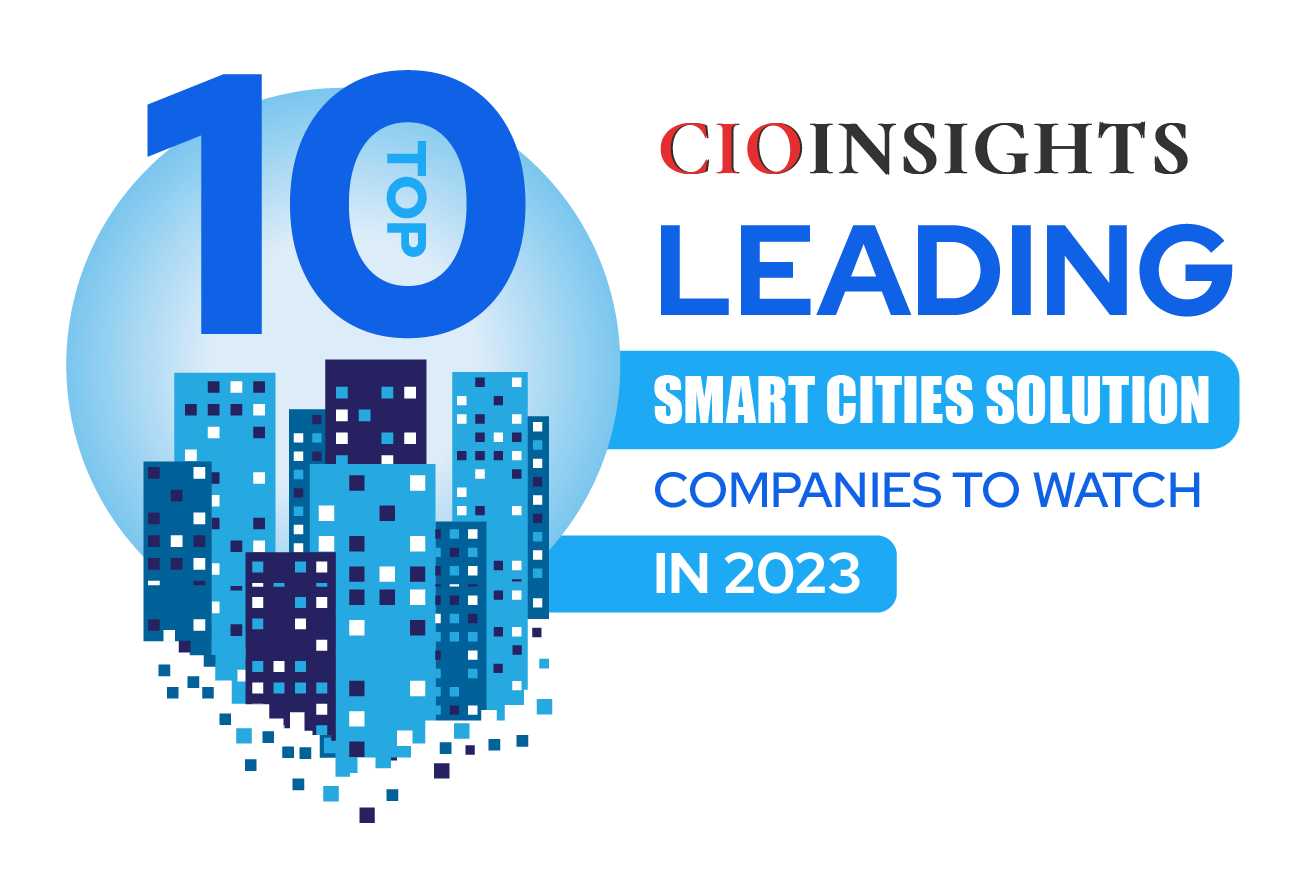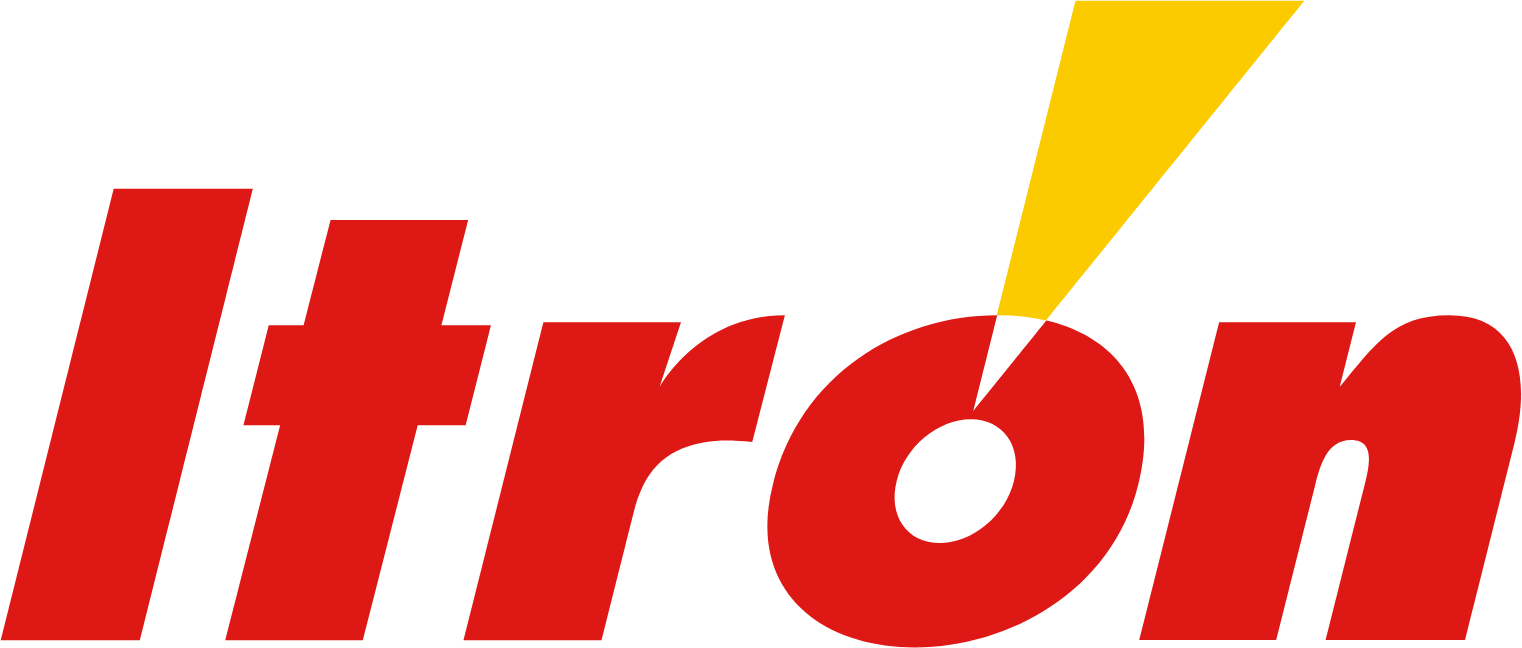Top 10 Leading Smart Cities Companies to Watch in 2023
Smart cities are rapidly gaining traction worldwide, intending to use information and communication technologies (ICT) to improve the quality of life for residents and optimize resource management. According to recent statistics, the global smart cities market size is projected to reach $2.57 trillion by 2025, growing at a CAGR of 22.9% from 2020 to 2025.
Smart cities are urban areas that integrate various technologies to enhance sustainability. Smart city technologies often involve data analytics, the Internet of Things (IoT), and Artificial Intelligence (AI). According to a report by IDC, worldwide spending on IoT is forecast to reach $1.1 trillion in 2023. Furthermore, the use of AI in smart city applications is expected to grow at a CAGR of 30.6% from 2020 to 2025, driven by factors such as the increasing availability of data and the growing demand for more efficient and sustainable urban solutions.
The success of smart cities relies on seamless integration and communication between the public and the private sector. For example, using smart surveillance cameras, planning and developing cities with absolute meticulousness, and using innovative solutions to tackle infrastructure and security issues. Electric vehicles could also help streamline the frequency of the electric grid while not in use, thus leading to a cleaner environment.
54% of the world's population lives in cities, and this is expected to rise to 66 % by 2050, adding roughly 2.5 billion people to the urban population over the next three decades. This is reason enough to emphasize building smart cities with the right technology and reducing carbon emissions.
While the potential benefits of smart cities are significant, it is important to consider the potential risks and challenges associated with these technologies. These include concerns around privacy, data security, and equitable access to smart city services. Therefore, city leaders and technology companies must work together to ensure that smart city solutions are implemented ethically, equitably, and sustainably. Overall, smart cities hold tremendous potential for improving the quality of life in urban areas.
In this issue of CIO Insights, we speak with several industry stalwarts and leaders in the technology space to shed light on the growing demand for smart cities and the best way to implement them. They share their learnings, growth trajectory, understanding, and possible solutions to make our world more sustainable for future generations.

Clarity Movement
David Lu - Co-founder
Flash
Juan Rodriguez
- CEO
Flash’s platform connects reservable parking and charging in the apps drivers use daily with garage, surface lot, event, and valet parking locations—connected and controlled via a cloud-based operating system with unrivaled intelligence.
Itron
TOM DEITRICH - CEO
Itron enables utilities and cities to safely, securely, and reliably deliver critical infrastructure services to communities in more than 100 countries. Our proven portfolio of smart networks, software, services, meters, and sensors helps our customers better manage energy and water for the people they serve.
OpiAid
David Reeser - CEO
OpiAID is a data science company on a mission to make addiction treatment safer and more effective. We offer decision support technology to clinicians with the goal of improving patient retention in Medically Assisted Treatment (MAT) leading to better clinical outcomes, additional revenue for clinics, and reduced cost to payers when treating patients with opioid use disorder (OUD).
Premise Data
Maury Blackman - CEO
Quantela
Amr Salem - CEO
Sensus
Patrick Decker - CEO
Smart Rain
Dan Hymas - President
Smart Rain is a smart irrigation controller technology company that's all about adding value, everything we do is about helping our customers conserve water, time, and money. We have a proven ability to add value to your real estate by helping cut water consumption which saves money, helping improve plant life which in turn saves money, and helping cut on irrigation tech costs which also saves money.


.jpg)


.png)









